Community Panel Discussion Series – How to advance maker education in Hong Kong
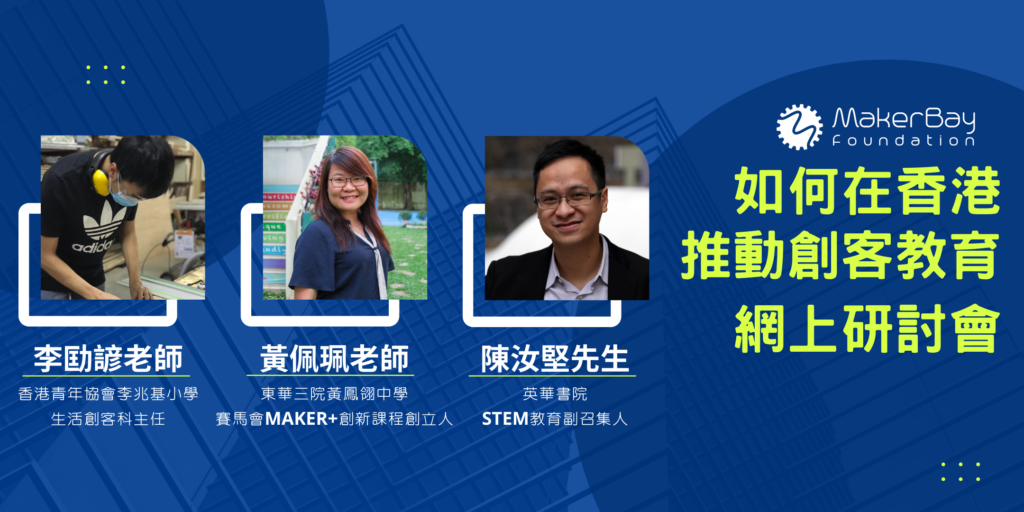
With skills such as problem-solving and critical thinking as well as hands-on learning experience becoming more important in recent decades, more schools are now attaching importance to maker education. As educators, how can we prepare for the changes ahead and adapt to education?
Makerbay Foundation held a panel discussion “How to advance maker education in Hong Kong?” on 22 April 2022 as our community event to review the current development of maker education in Hong Kong and discuss how we can advance its development. It was our honour to invite 3 speakers with a wealth of experience in STEM education and maker education, who shared their insights on bringing innovation into the education system, shifting from STEM education to maker education and the assessment of maker education. They were:
- Mr. Tommy Lee, HKFYG Lee Shau Kee Primary School;
- Ms. Pui Pui Wong, TWGHs Wong Fung Ling College;
- Mr. Eric Chan, Ying Wa College.

How to build innovative ideas in the traditional system?
Innovation is what drives our society forward and a competency our students need. The education system in Hong Kong has been focused on result-oriented learning and specialized teaching practice, which have created some barriers to innovation. To challenge the status quo, it is essential to have collaborative efforts from different stakeholders, which include support from schools, relevant organizations and the business sector, to gather more resources, talents and capital.
Teachers play an extremely important role in giving room and guidance for the creativity of students to thrive. Students need to be taught to pay attention to the surrounding environment, think outside the box and approach problems with a more open mindset. Cross-discipline collaboration will be a key element in innovation as teachers with different subject knowledge and skills can work together and complement each other. For example,in the process of product creation, science teachers can provide theoretical knowledge for building the product, computer teachers can offer insights in using the latest technologies, and art teachers can give aesthetic opinions.
Eric suggested that educators should never simply focus on the particular subject they teach and a single mindset. He also pointed out that the pandemic has provided an opportunity to promote virtual learning and teachers should think about how to encourage students to adopt this learning mode, which will be very likely to become a norm in the future.
“Learning about the teaching experience of teachers from primary schools and other disciplines prompts me to reflect on what I can do as a computer teacher in a secondary school,”
Eric
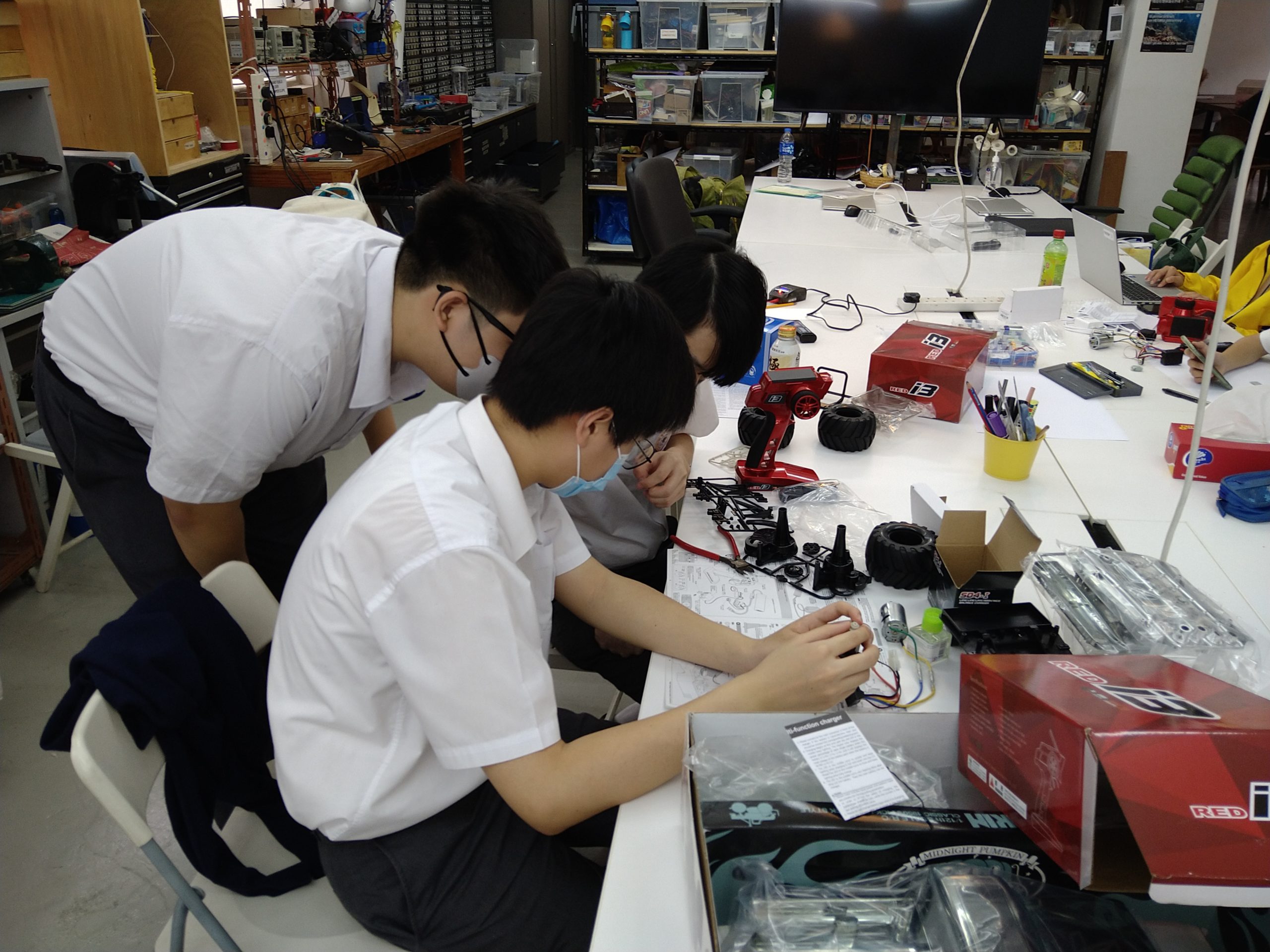
From STEM education to maker education
STEM education has long become the talk of the town, but there is a need to push it forward into something more practical, which is maker education. While STEM education is more academic-oriented and focuses more on subject knowledge, maker education, being more human-oriented, puts great emphasis on design thinking and solving real-world problems. An example of a maker project can be creating a device to assist the visually impaired in daily life with the use of some tools for woodworking and electronics. Students will get hands-on experience working with tangible tools through learning by doing and trial and error.
As STEM education has been incorporated into local school curricula, it can actually act as a foundation for the development of maker education. STEM knowledge acquired through STEM education provides students with a great source of fuel to develop maker projects and create a positive impact on society. The school where Tommy teaches used to implement STEM education in the past, but now they have developed it into maker education as a compulsory subject for primary 4 to 6 students. Maker education enables students to visualize the learning outcomes through working on their own projects as well as further consolidating their knowledge.
“Given that there are a variety of maker tools, we realize that maker education allows our students to gain exposure to new things, stay up-to-date and address real-world issues,''
Tommy
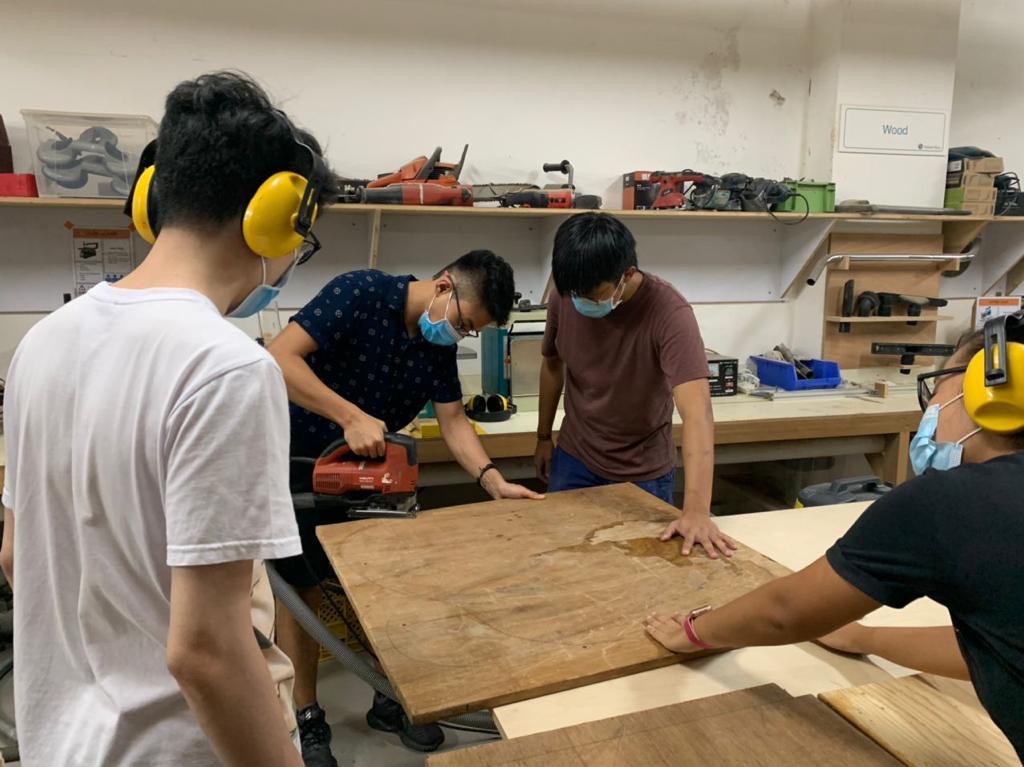
Ways to evaluate the “mindset” change
When it comes to the implementation of maker education, assessment is one of the challenging parts. It is difficult to assess students’ knowledge and performance as intrinsic values like empathy and creativity are hard to measure.
“You cannot grade students on their empathy, but when they complete a programme which is designed to build empathy, it can be said that they have achieved the learning goal and have the ability to empathize with others,” .
Pui Pui.
Pui Pui’s school has been implementing maker education for a few years and they have designed their course based on CCCESR, which stands for six core values “Curiosity”, “Creativity”, “Collaboration”, “Empathy”, “Self-learning” and “Resilience” respectively. She suggested that a more comprehensive assessment scheme should encourage participation from different stakeholders and include the following parts:
- Assessment by the teacher, with both written and verbal feedback
- Self-evaluation by students, which allows them to know the criteria so as to make improvements
- Peer assessment by group mates, so that they can evaluate each other’s role and responsibilities in the project.
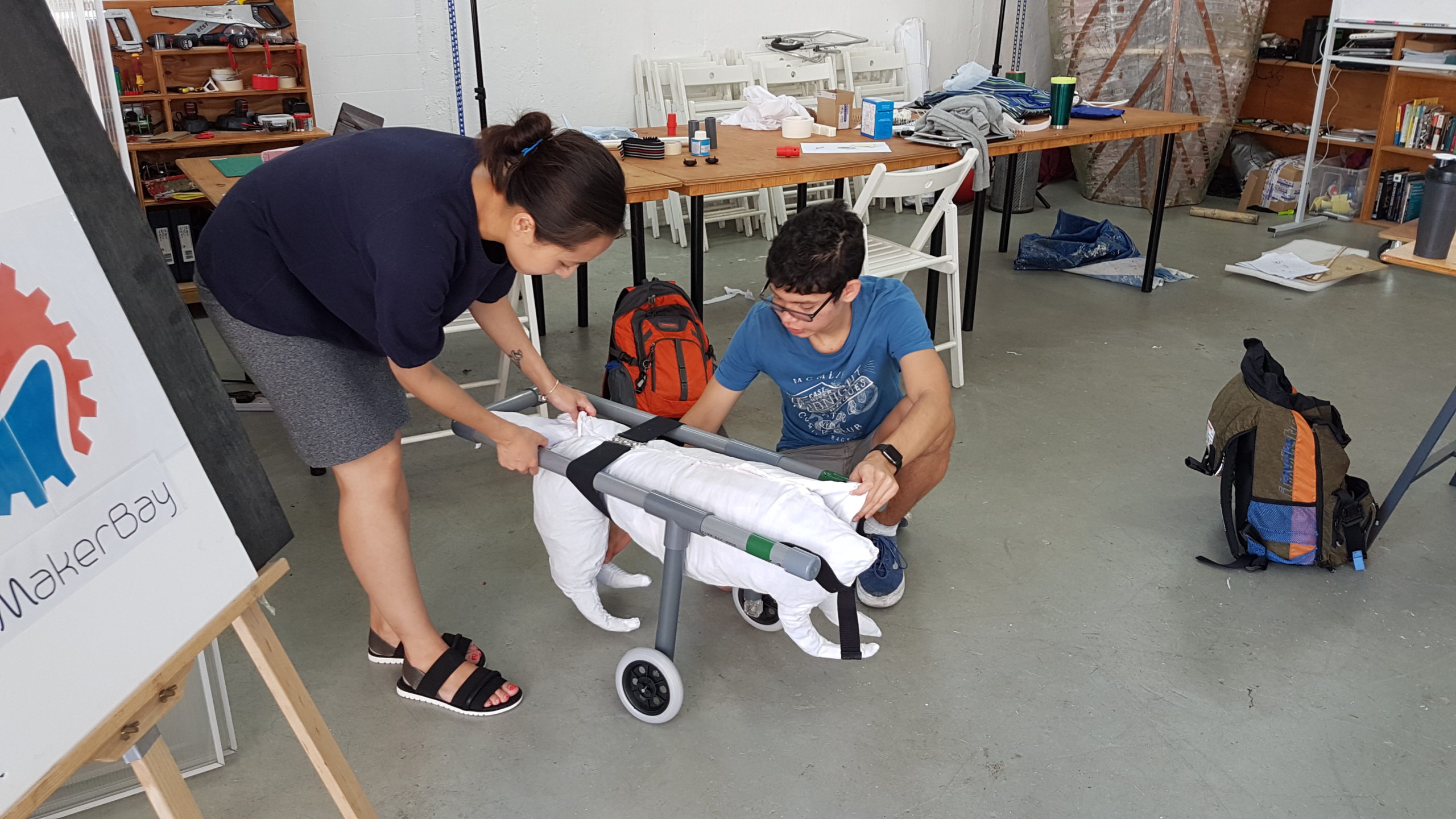
Presentations could be a good way for assessment, through which students’ thinking and learning process, as well as the progress of the project, can be reflected. After all, the assessment method adopted in maker education should be tailor-made according to students’ level in different schools. And they should be assessed against their knowledge regarding the issues and their ability to understand others’ pain points.
At the end of the webinar, participants had further discussions and interactions with our speakers in breakout rooms. They all showed interest in knowing more about maker education and raised various questions regarding the importance of teamwork in maker education, the training teachers need to implement maker education and how to overcome obstacles in developing maker education as a new curriculum. We would like to thank our speakers for their support and insightful sharing, and thank you everyone for your participation!

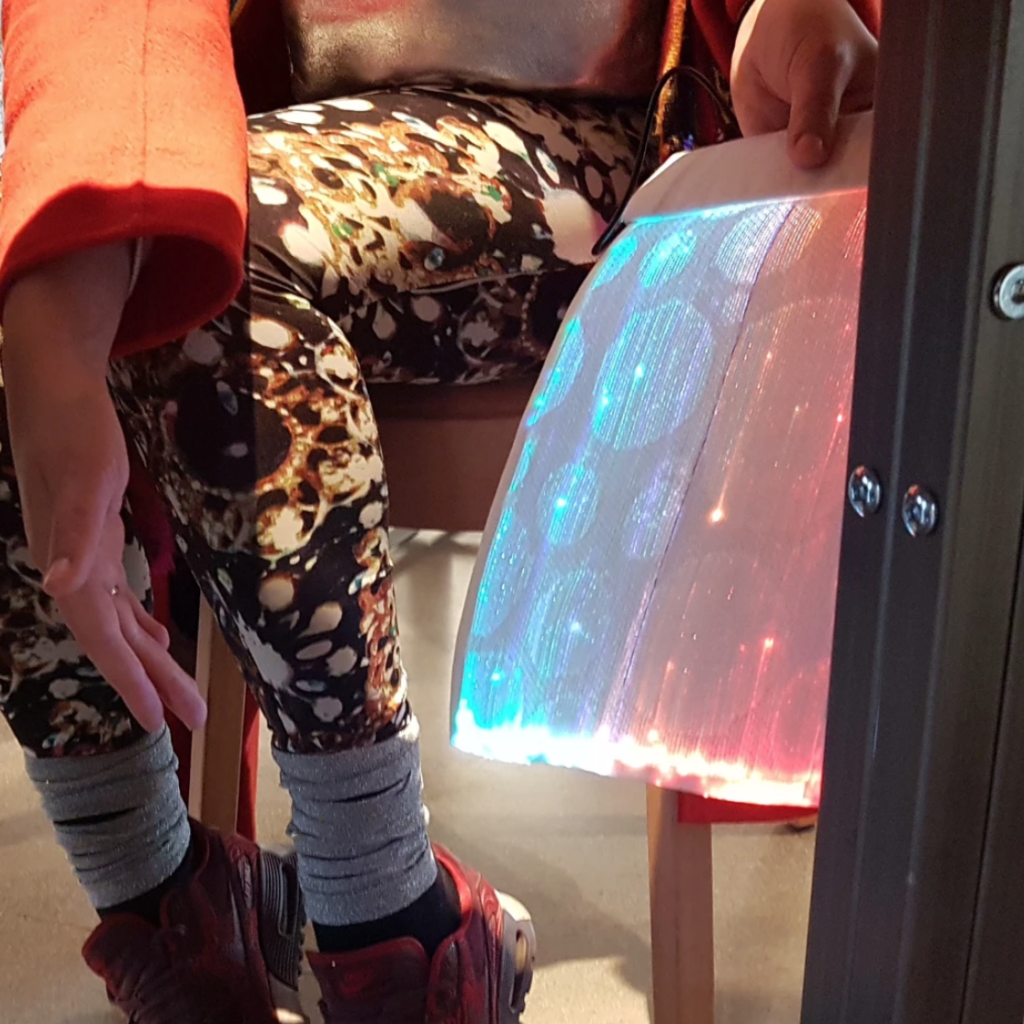
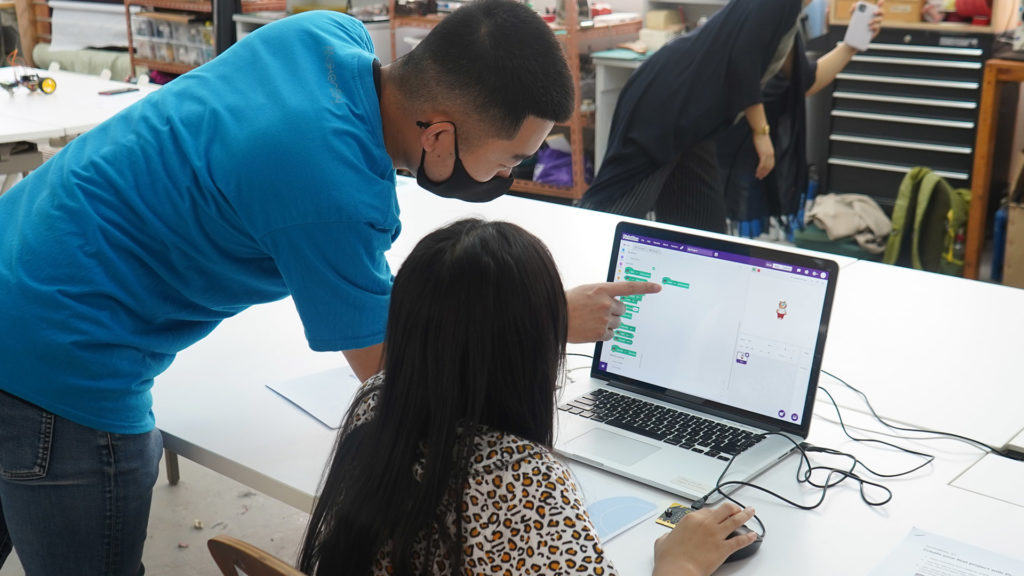
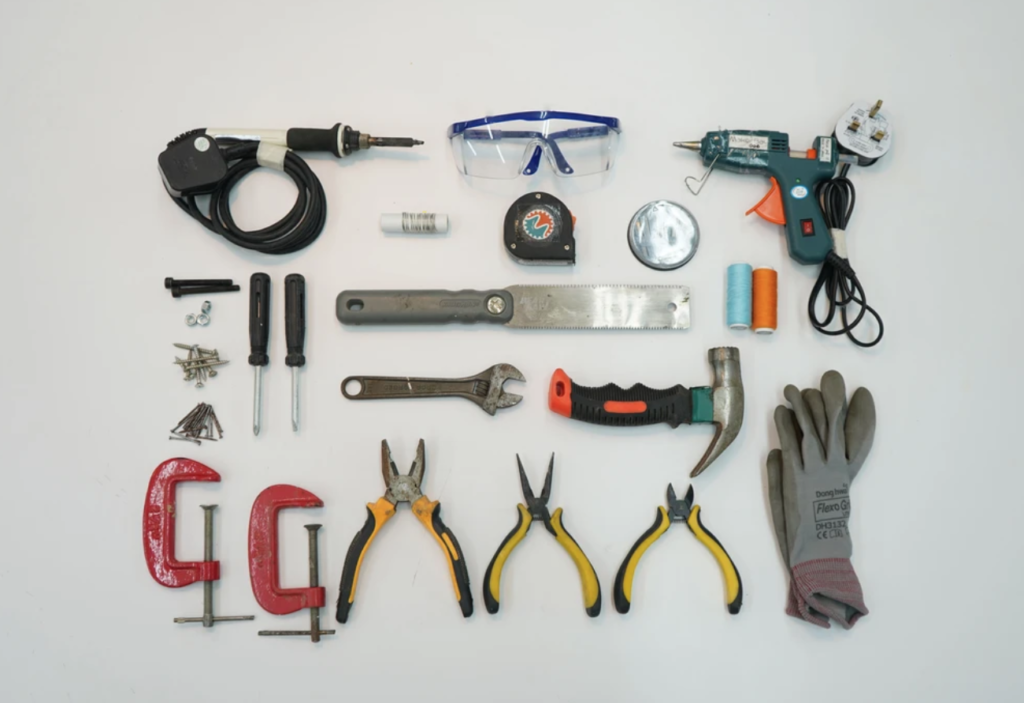
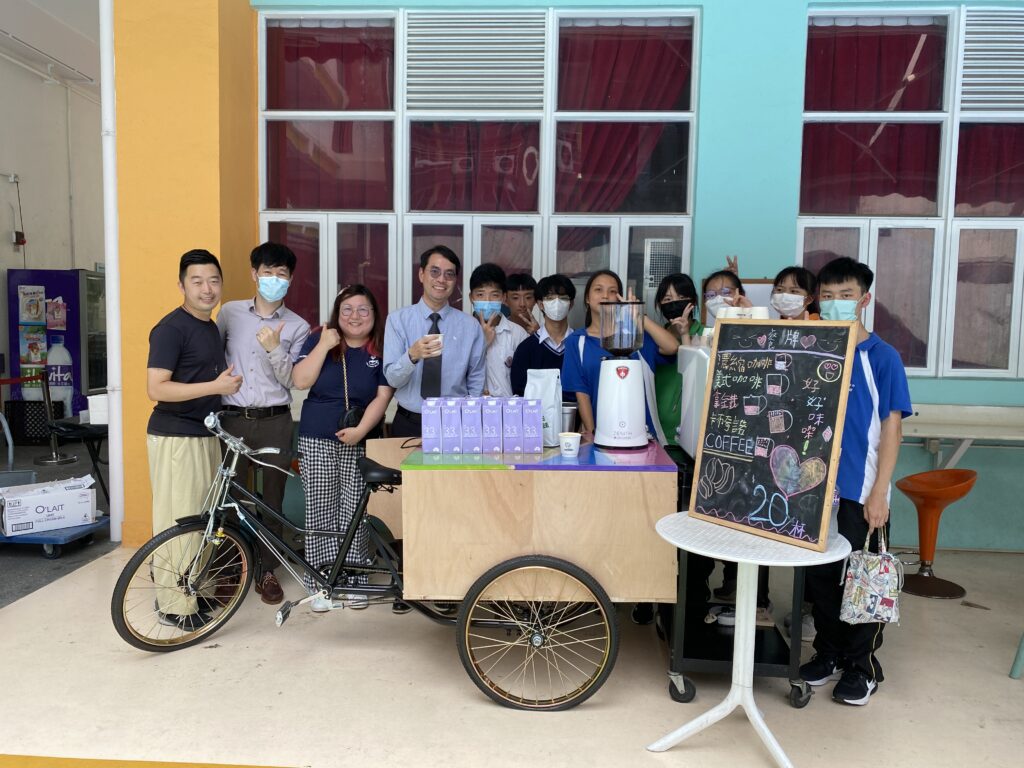
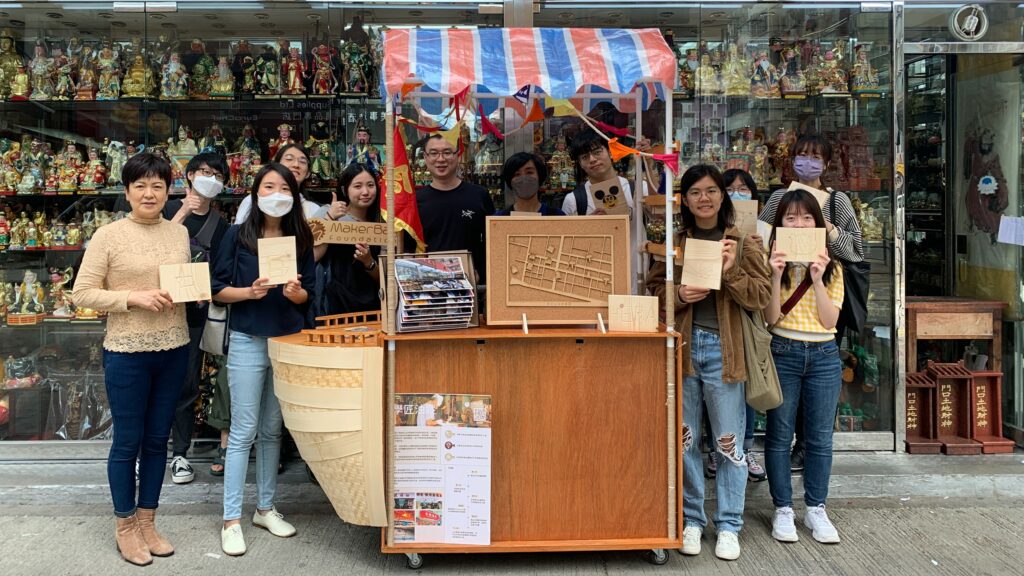

Responses